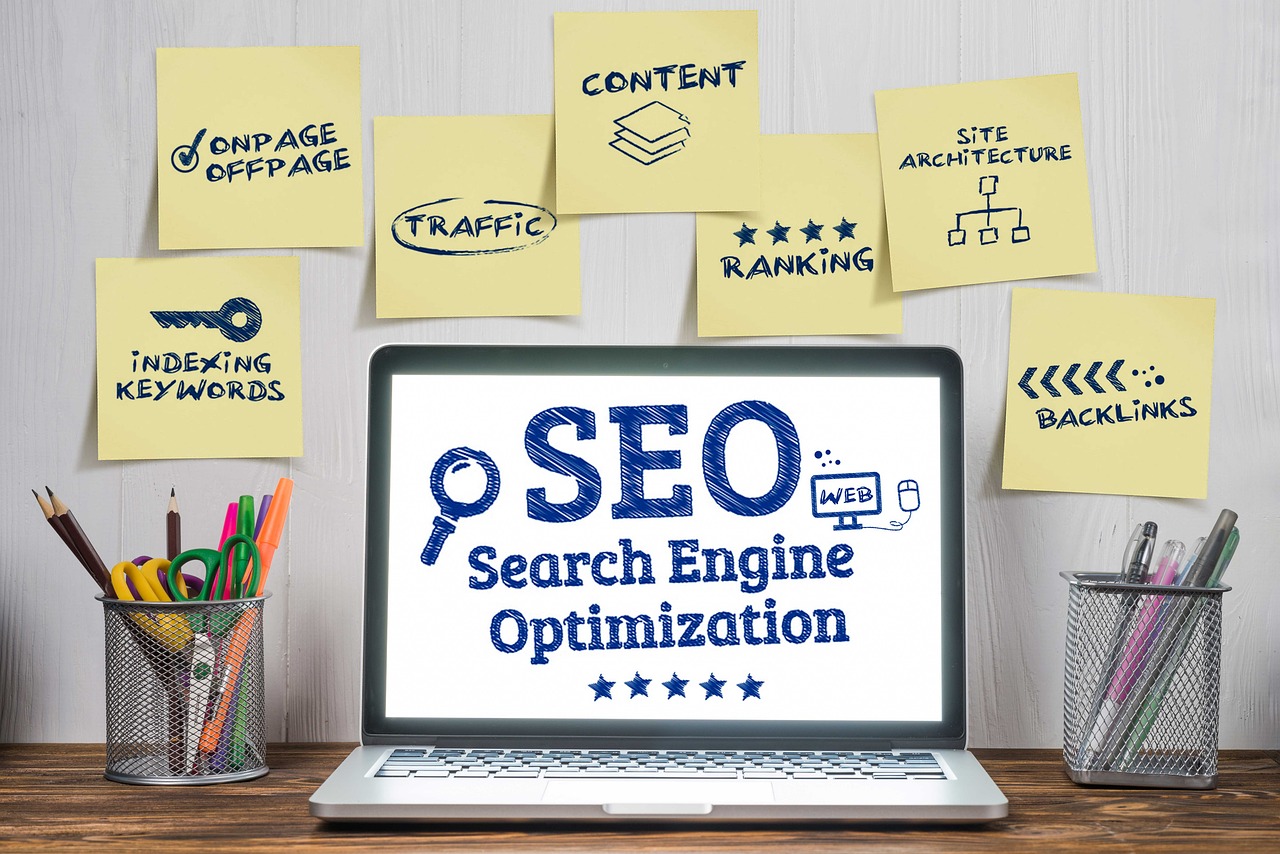SEO services help businesses improve their visibility on search engines by optimizing their websites to rank higher in search results. This includes techniques like keyword research, technical improvements, and link building, all designed to attract more traffic and potential customers. Effective SEO services directly impact a company’s ability to generate leads and increase online revenue.
These services can be tailored to specific needs, such as local SEO for businesses targeting customers nearby, or e-commerce SEO for online stores. Many providers offer comprehensive audits and ongoing strategies that adapt to search engine algorithm changes, ensuring sustained growth in rankings and traffic.
Choosing the right SEO service means finding a provider that understands the unique goals of a business and uses data-driven methods to achieve measurable results. With the variety of options available, businesses can find solutions that fit different budgets and objectives while maintaining a focus on clear outcomes.
SEO Services Overview
SEO services focus on improving a website’s search engine visibility through various strategies and technical adjustments. These methods target different aspects of a website, such as content, backlinks, and infrastructure, to increase rankings and attract relevant traffic.
The following sections break down what SEO services are, the main types involved, how on-page and off-page SEO differ, and the importance of technical SEO in supporting overall efforts.
What Are SEO Services
SEO services are specialized actions designed to enhance a website’s position in search engine results. These services include tasks like keyword research, content optimization, backlink building, and performance monitoring.
Businesses use SEO services to increase organic traffic by ensuring their website appears higher in search results for relevant queries. The higher a site ranks, the more visible it becomes to potential customers.
SEO providers range from agencies to freelancers, offering tailored strategies based on a company’s size, industry, and digital goals. Key activities usually include site audits, competitive analysis, and ongoing optimization.
Types of SEO Services
SEO services generally fall into three categories: on-page SEO, off-page SEO, and technical SEO.
- On-page SEO involves optimizing website content and HTML elements such as titles, meta descriptions, and headers.
- Off-page SEO focuses on building backlinks and enhancing a site’s authority through external efforts.
- Technical SEO addresses website backend issues like site speed, mobile-friendliness, and crawlability.
Together, these types ensure a comprehensive approach to improving search rankings, addressing both content relevance and site structure.
On-Page vs. Off-Page SEO
On-page SEO deals with optimizing elements directly on the website. This includes improving content quality, keyword placement, internal linking, and metadata that help search engines understand a page’s topic and relevance.
Off-page SEO, by contrast, involves external factors influencing a site’s authority. The primary focus is on earning high-quality backlinks from reputable sources, social media engagement, and brand mentions.
While on-page SEO builds a solid foundation of relevance and user experience, off-page SEO strengthens credibility and trustworthiness in the eyes of search engines.
The Role of Technical SEO
Technical SEO ensures that a website is structured in a way that search engines can easily crawl, index, and rank. It covers site speed optimization, fixing broken links, setting up structured data, and ensuring mobile compatibility.
A technically sound website improves user experience and reduces barriers that can prevent search engines from fully understanding content. It also helps maintain better rankings by addressing issues like duplicate content or poor site architecture.
Technical SEO acts as the backbone of all other SEO efforts, making sure the website functions effectively behind the scenes.
Selecting an SEO Services Provider
Choosing the right SEO provider requires careful attention to several practical aspects. These include understanding important decision factors, assessing the experience of the agency, and reviewing different pricing structures.
Key Factors to Consider
Reputation and client references are critical. A provider with verifiable case studies and positive reviews demonstrates reliability and effectiveness.
Service offerings should align with business needs. Options like local SEO, e-commerce SEO, or technical SEO may be necessary depending on the industry and goals.
Transparency in strategies and reporting is important. Clients need regular updates and clear explanations of the SEO tactics being implemented.
Communication channels and responsiveness matter as well. Firms that maintain prompt contact reduce misunderstandings and improve coordination.
Evaluating Agency Experience
Experience should be measured by both years in operation and the quality of results achieved. Agencies with proven success in relevant niches often perform better.
Look for certifications or partnerships with search engines when possible. These credentials indicate familiarity with best practices and algorithm updates.
It is beneficial if the agency customizes approaches rather than using one-size-fits-all methods. Tailored strategies typically produce more relevant outcomes.
A portfolio including recognizable brands or industries similar to the client’s ensures the agency understands specific market challenges.
Comparing Pricing Models
Different pricing models include hourly rates, monthly retainers, and project-based fees. Each suits different project scopes and budgets.
Hourly rates work for smaller tasks or consulting but can become expensive without clear limits.
Monthly retainers provide ongoing support and consistent strategy adjustments but require a longer commitment.
Project-based fees fit specific campaigns or website overhauls but may lack ongoing optimization.
Clients should request detailed quotes outlining deliverables, avoiding vague pricing that can lead to unexpected costs.
| Pricing Model | Use Case | Pros | Cons |
| Hourly Rates | Short tasks, consulting | Flexible, pay-as-you-go | Can be expensive over time |
| Monthly Retainers | Continuous SEO efforts | Ongoing optimization, steady work | Requires long-term contract |
| Project-Based Fees | Defined projects | Clear scope and timeline | No ongoing service included |


Leave a Reply